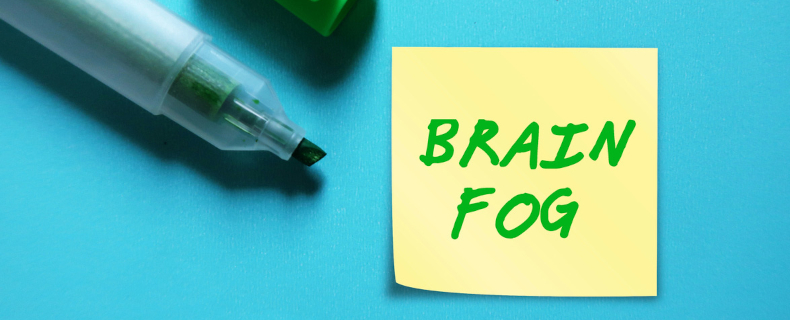Kingston TN
Do you have trouble focusing? Are you often forgetting even simple things? These are symptoms of brain fog. In the past this condition has been associated with depression or stress. Cancer patients have experienced it as a side effect of treatment. More recently, brain fog has been identified as a consequence of COVID-19. In fact, of the 7% of adults in the U.S. who suffer from Long COVID – approximately 7 million people – nearly half reported having brain fog or memory issues. Today on the blog, we take a deeper look at brain fog and see how your dentist – yes, really, your dentist – can help.
How does sleep affect the brain?
Getting quality sleep is crucial to the overall performance of the body as well as the mind. When you sleep, your brain can perform certain functions that it can’t manage while you are awake. This includes the creation of new brain cells, and essentially cleaning itself as the glymphatic system purges proteins and metabolites from the central nervous system. One of these proteins eliminated by the glymphatic system is amyloid beta, which has been linked to degenerative neurological conditions such as Alzheimer’s and Parkinson’s. Sleep is also crucial to the function of the prefrontal cortex. This area of the brain controls decision making and cognitive function, and during sleep it solidifies memories and retains any new information you learned that day.
Sleep apnea destroys the quality of your sleep
When it comes to sleep, it’s about quality, not quantity. It’s better to get six hours of deep, restful sleep than seven or more hours of fitful sleep. If you have an airway issue, it can be all but impossible to get the deep sleep you need to be your best, both mentally and physically. For someone with obstructive sleep apnea, the airway becomes impeded or totally blocked during sleep. These blockages may occur hundreds of times each night. Every time this happens, your brain becomes aware you are not getting enough oxygen and goes into crisis mode—bringing you out of the sleep cycle and sending chemical signals that trigger a stress response in the body to resume normal breathing. Often, someone with sleep apnea never wakes up consciously, but the constant state of red alert for your brain throughout the night, every single night, ruins your ability to get quality sleep. Specifically, someone with a sleep breathing disorder such as sleep apnea does not spend enough time in the deepest stage of the sleep cycle, which is the most crucial from a recuperative standpoint.
Long-term, the effects of sleep deprivation can have a devastating impact on your mental health.
The potential brain-related issues linked to living with sleep loss include:
- Alzheimer’s
- Brain damage
- Learning disabilities
- PTSD
- Anxiety
- Depression
Treating sleep apnea in Kingston, Tennessee
If sleep apnea is causing your brain fog, the sleep apnea dentists at LakeView Dental Arts can help. An official diagnosis of sleep apnea only can be made by a qualified sleep specialist. However, Dr. James Walmsley and Dr. Josh Walker both practice airway management. They can provide relief for sleep apnea through a non-invasive course of oral appliance therapy that keeps the airway clear and prevents the obstructions that create apneic events.
Ready to find out more? Schedule a consultation by calling (865) 376-9687 or completing our online contact form.


